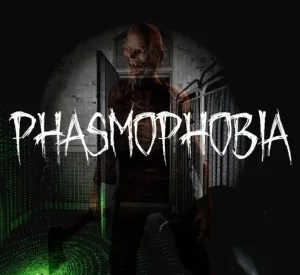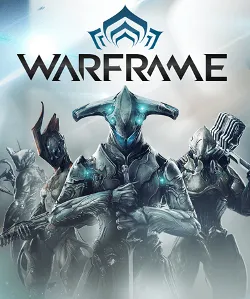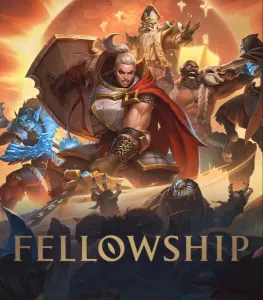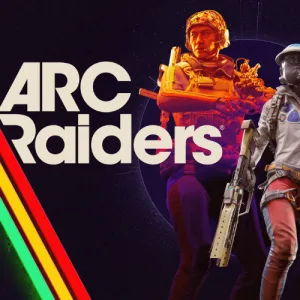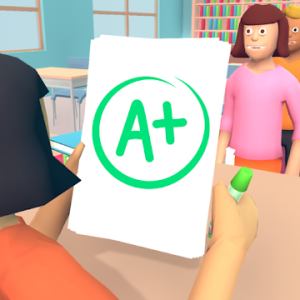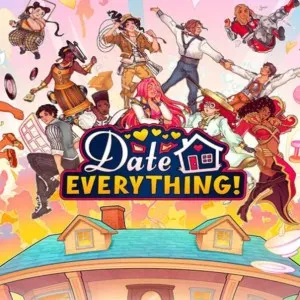Understanding Gaming Communities and Their Vast Social Impact
- Grace Lee

Gaming communities have evolved significantly with the advent of online gaming, transforming the landscape of social interactions within virtual spaces. These communities offer a unique blend of camaraderie, competition, and collaboration, impacting the lives of individuals in profound ways. This article delves into gaming communities' formation, roles, and dual nature in fostering inclusivity and, occasionally, toxicity.
The Genesis of Online Gaming Communities
Online gaming communities sprang to life with the popularization of the internet and multiplayer video games. These digital congregations stem from shared interests in specific games or gaming genres, bringing together individuals from diverse backgrounds worldwide. They are facilitated by game-specific forums, social media, and directly within the games through guilds or clans.

Nurturing Support and Friendship
At their core, gaming communities offer their members a pillar of support and friendship. They provide a space where individuals can share strategies, celebrate victories, and commiserate over losses. Many gamers find solace and understanding among peers who share their passion, creating bonds that can extend beyond the virtual realm into real-life friendships.
Fostering a Sense of Belonging
By connecting individuals with common interests, gaming communities foster a strong sense of belonging and identity. This sense of inclusion can be particularly meaningful for those who might feel marginalized or isolated in offline settings due to various reasons such as disability, gender identity, or geographical remoteness.
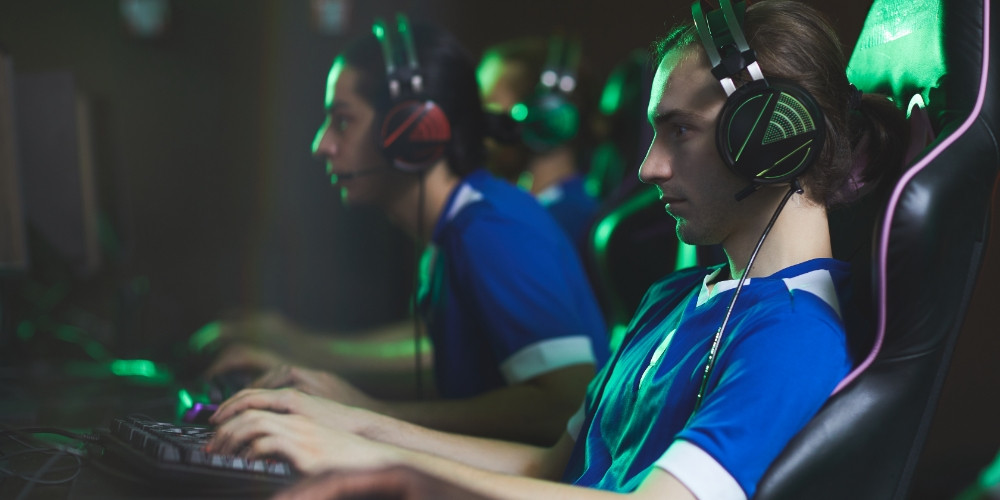
The Gateways to Global Interaction
Gaming communities act as gateways to global interaction, introducing individuals to different cultures, perspectives, and ways of life. Such exposure may foster enhanced comprehension and acceptance of diversity, expanding the perspectives of those involved and possibly diminishing biases.
Championing Inclusivity
Many gaming communities actively strive to be inclusive spaces, welcoming players regardless of their background, ability, or experience level. Initiatives such as accessible game design, inclusive community guidelines, and moderation tools are increasingly employed to ensure everyone can participate fully and be respected within the community.
The Dark Side: Toxicity and Exclusion
However, not all experiences within gaming communities are positive. Some individuals face harassment, bullying, or exclusion stemming from toxic behaviors like sexism, racism, and other forms of discrimination. This toxicity not only harms individuals but also undermines the community's potential to be a positive and inclusive environment.
Combating Toxicity with Governance and Culture
To address these challenges, gaming communities and platforms implement governance structures, such as codes of conduct, moderation teams, and reporting mechanisms. Promoting an environment of respect and kindness is key to fighting against toxicity and making sure gaming areas are inclusive and safe for everyone involved.

Real-world Impacts of Virtual Communities
The influence of gaming communities extends into the real world, affecting social skills, empathy, and psychological well-being. Positive engagement in these communities can enhance social interaction skills, foster resilience, and contribute to a sense of fulfillment and happiness.
Conclusion: The Unfolding Future of Gaming Communities
As videogames gain more importance culturally, the development of gaming groups will be pivotal in molding the social terrain of the digital era. By promoting inclusivity, combating toxicity, and fostering supportive and empathetic connections, these communities can enrich gamers' lives worldwide, making the virtual gaming world a microcosm of societal aspirations and challenges.






